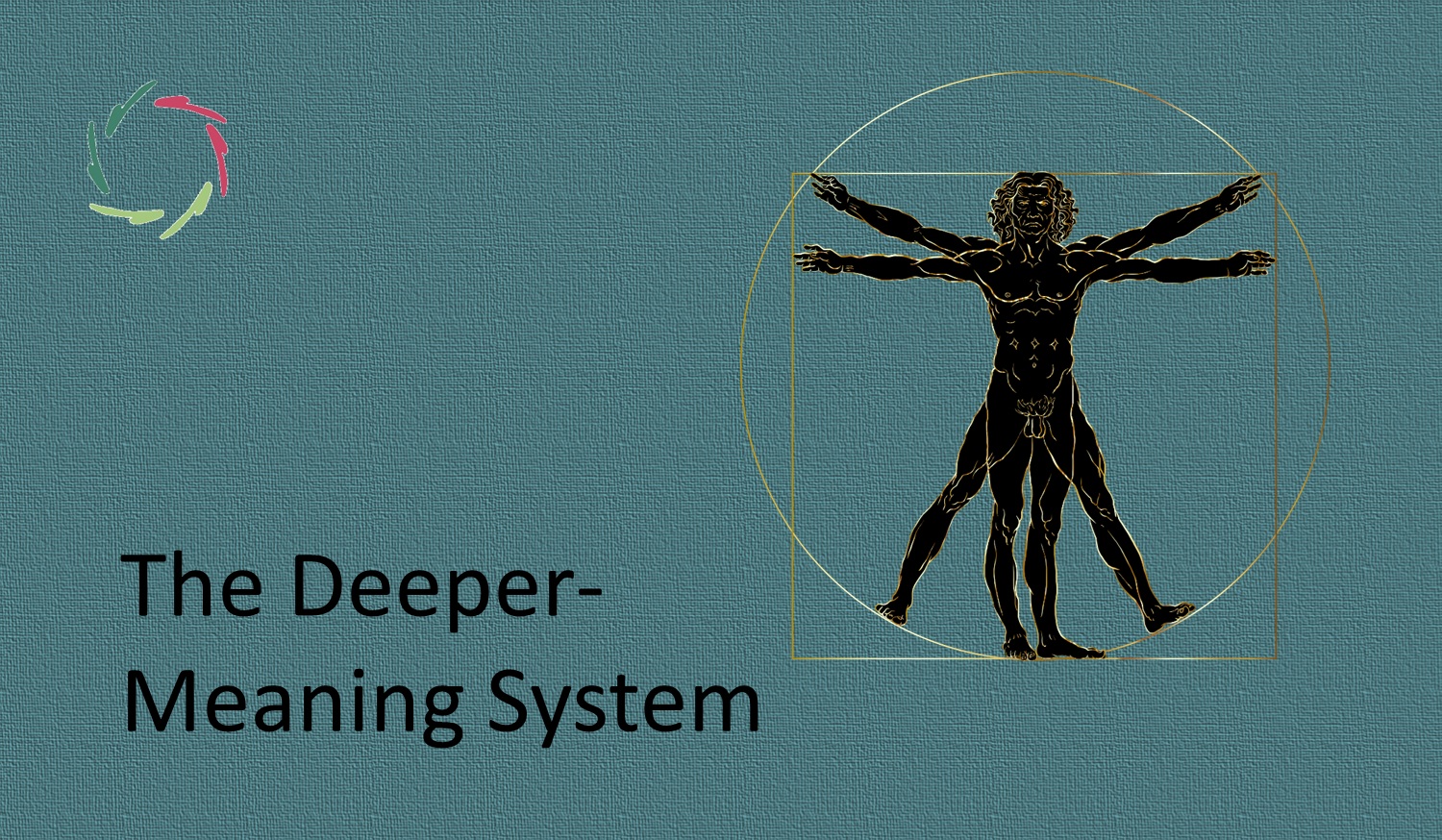Proof in a Complex World

Anything human-health-related is prone to complexity ― especially in psycho-somatics. This makes experimental proof challenging, leading to the present situation in which there are still immense gaps in scientific knowledge.
Time and again, these gaps are filled by disregarding mental influences while, implicitly or explicitly, referring to a future that will endorse this disregard ― just wait and see.
Let’s precisely do that before making such a stark logical error.
The error is understandable from a historical perspective, but that doesn’t make it logical.
Meanwhile, history is interesting to see what ‘proof’ meant in the past without the means to appreciate complexity. In short, experimental medical proof belongs to a non-complex world with a mechanistic view of the human being in body and mind (with the soul being irrelevant to this, one way or another).
No wonder the mechanistic view and the mechanistic proof coincide, enhancing each other since they belong to the same mechanistic paradigm, leading to a rather mechanistic kind of healthcare.
However, it is a faulty paradigm.
So, what proof do we need in a complex (realistic) world?
Such proof can be theoretical and/or experimental.
Let’s focus. How can we experimentally prove something intrinsically as complex as the human mind’s influence on health and healing?
A primary characteristic of complexity is the unpredictability challenge.
This is the challenge of one-fits-many solutions. For instance, in a non-complex situation, one cure can easily fit to many people and can also be investigated as such ― enter: double-blind studies, vast extrapolations, etc. As to psychotropic medications, this has led to vastly overrated notions of efficiency. The tumbling-down has been realized in research ― however, not so much in practice, probably by the sheer lack of proper alternatives.
Everyone needs hope, but hope doesn’t create reality.
The complexity of the human mind needs to be tackled head-on.
A strictly conceptual cure, brought – and investigated – in a standardized way, will never do. Each person is intrinsically different. Even each situation is intrinsically different.
If the mind substantially influences health and healing, this can only be rightfully appreciated in openness to this intrinsic diversity. Of course, standardization is still needed to extrapolate results and make them, in a good sense, ‘marketable.’
But the level on which to strive for standardization needs to be chosen with care. This is probably just plainly unfeasible without the use of A.I.
So, so ― Lisa, of course.
In the AureLisa project, static sessions of autosuggestion are the least personalized. Using them in non-complexity-oriented experiments has the above-indicated disadvantage.
Coach-bot Lisa is at the other end of the spectrum. Very pragmatically, Lisa can be used in complexity-oriented experiments big scale. It is noteworthy that it takes a robot to find out how human humans really are. Nevertheless, that is where we are heading, doubtlessly.
The promise of all this
Does the deeper mind have a small, medium, or large influence on cancer, autoimmune diseases, chronic pain, inflammation of many sorts, irritable bowel, psoriasis, heart infarctions, epilepsy, anorgasmia, anorexia, hypertension, hay fever, asthma, ADHD, AIDS, COVID, PMS, etc., etc.? Almost certainly: yes, yes, yes, yes, … but to what degree?
Without the personalization of any management, we will never know. The fork of possibilities is immense.
As said, this is about experimental proof.
As to theoretical proof, the picture changes drastically to the advantage of mind-related influence ― unfortunately, in contrast to cultural preconceptions.
Wait and see.


